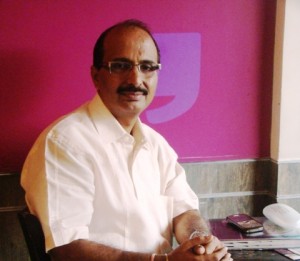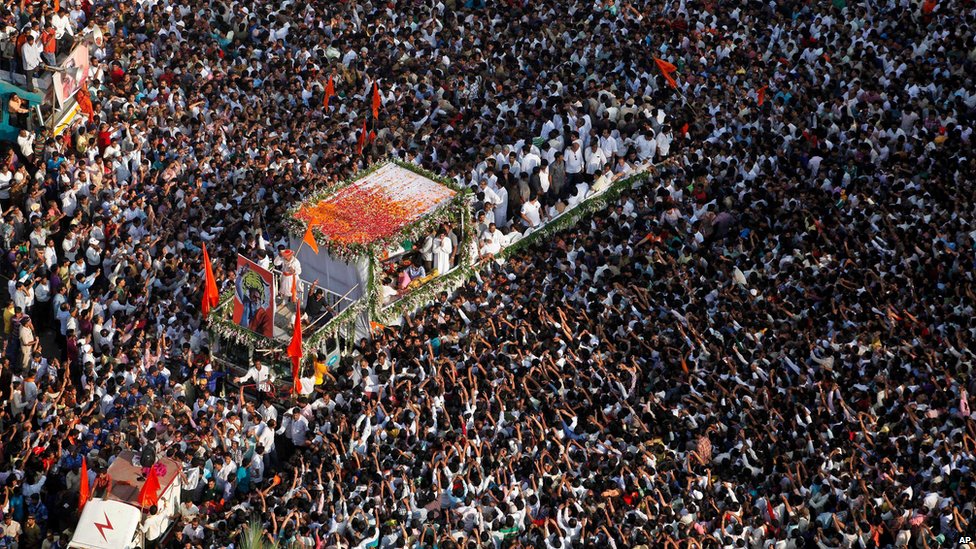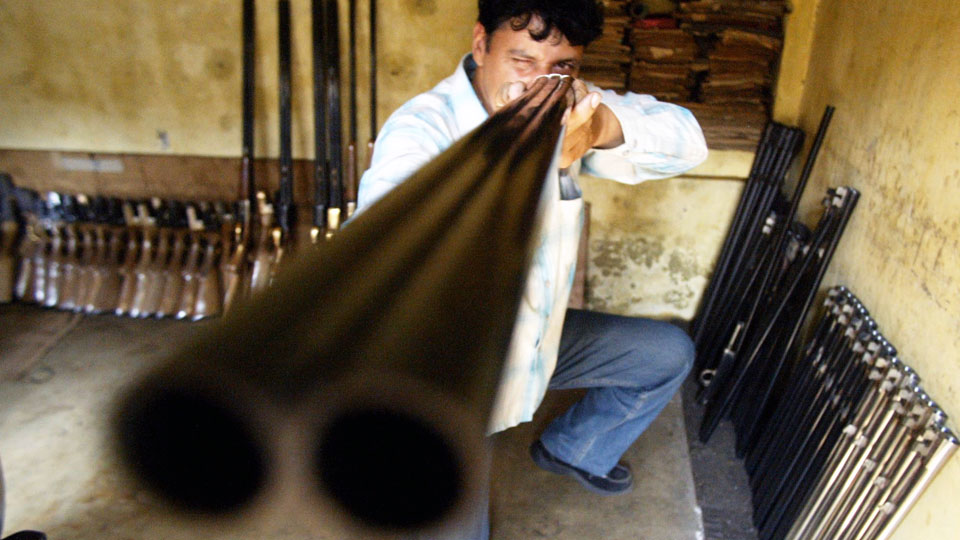Sailesh Mishra, senior citizen activist, went to the UN, participated in Satyameva Jayate, and helped lost elders find their homes.
by The Editors | editor@themetrognome.in
Part 4 of the Yearender Diaries
A disclaimer: at The Metrognome, we don’t subscribe to the idea that year-ending lists must comprise only the famous and the newsy. The man we chose as Personality of the Year was a walk-in for the title, anyway. Incidentally, Sailesh Mishra, elder care activist based in Mira Road, Mumbai, is both famous in his circle, and this year has certainly been a newsy one for him.
We featured Sailesh in October this year, days after he was back from a fruitful stint at the United Nations’ Open Ended Working Group (OEWG) on Ageing Convention. The interview with him took place at a suburban cafe, and Sailesh bubbled over with enthusiasm about the Convention, and the chance he’d been given to speak on the floor of the House – a lucky chance indeed, because Sailesh got the opportunity to refute the Indian ambassador’s remarks. “The Ambassador had said, ‘Why do the elderly need rights? Their development is the responsibility of the society and their families. What can the government do?’ When I got the chance to speak, I gently refuted what the gentleman had said, and I stressed the need for the government to be more proactive in implementing several schemes for the elderly in India,” Sailesh grinned.
We’ve met several activists over the years, and have been repeatedly disappointed when so many of them have lost their way after being involved with some truly marvellous initiatives. However, Sailesh continues to hold steady in his work, mostly because he does not ever speak of himself or his NGO. “It is the cause of elder care in the country, and how the present policies are unfriendly for our elders, that is important. I don’t ever talk about my NGO, even when invited to address conferences, because I don’t want to focus the spotlight on myself or on Silver Innings,” he says.
Sailesh’s philosophy is to look at senior citizens in a positive, happy vein. “Why do we treat our elders like they are useless, or like they need to be protected? We make no effort to integrate older people in our daily activities, we keep them away from most things. I am against this isolation that is imposed on our elders,” he says. His NGO, hence, organises events where senior citizens can register to dance, sing or participate in other social activities, while also mingling with others like themselves.
Last year, a woman from the creative team that put together Aamir Khan’s TV show Satyameva Jayate, contacted Sailesh for inputs on an episode dedicated to senior citizens. “After I heard the brief and what they were looking to discuss, I flatly said to the lady that she could tell Mr Khan on my behalf, that I was not interested in doing a show that would become a sob story about senior citizens. If they wanted to discuss the positive aspects of ageing and tell some inspiring stories, I could help them,” Sailesh says, adding that not only did the team tweak its narrative to include his idea, they also took his inputs on the rest of the episode as well.
He is also a part of the think tank that is pushing the Government of Maharashtra for a legislation that will give elders in the State a set of rights. “What you must understand is that whatever we push for at the present moment, is not about to benefit the current crop of senior citizens. Unfortunately, their time is gone. When I reach out to youngsters, I emphasise that all our present efforts towards securing elders’ rights will actually help when we become senior citizens ourselves.”
With life expectancies rising in India every year, naturally, the numbers of its senior citizens are also dramatically rising. “We must push for employment opportunities for able senior citizens, architecture and infrastructure that is easy to use for them, better communication with the police and support groups, and of course, activities that help keep them occupied and in touch with their peers,” Sailesh says. When he’s not touring the country delivering lectures and helping like-minded individuals and NGOs set up elder care facilities, his NGO runs an elder care counselling centre, organises activities, and most recently, helps in the search for senior citizens who have inadvertently wandered out of their homes.
‘Diaries’ is a series of stories on one theme. The Yearender Diaries seek to capture the most telling moments, happenings and people in the city this year. Watch out for Politician of the Year tomorrow.








